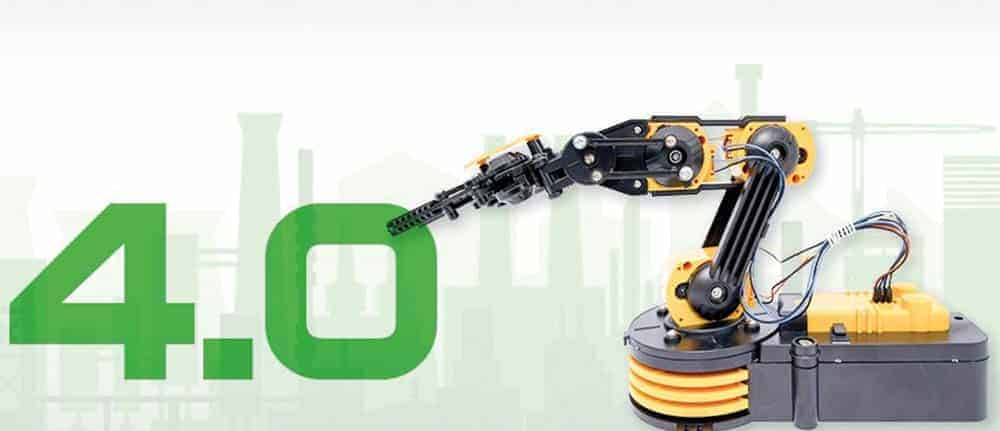Industry 4.0 at the Hannover Messe


Around 200 delegates led by U.S. President Barack Obama and German Chancellor Angela Merkel paralyzed everything on the first day with their visit to the Hannover Messe.
Visitors and exhibitors were sometimes several hours late getting to their booths and appointments.
With this presence, the partner country USA demonstrated the importance of Hannover Messe and its exhibitors for the global industrial market and for the leading IT nation USA.
Obama was able to see for himself that Germany is now on an equal footing when it comes to digitization on the international market. In the meantime, it has taken on a pioneering role in Europe with this platform.
Upheaval - or challenge
The expectations of customers in the market are becoming ever greater and more demanding in terms of quality. The expected variety of our products must change our production and logistics processes.
In order to survive on the market, automation should also be possible for small and very small batches in the future.
For employees, this means upgrading and expanding their skills to respond to challenges and meet market demands.
Competitive through digitization
Networking, intelligent data provision, integration of system landscapes in production, research and development, business management and logistics allow my value creation processes to become transparent through digitization.
By opening up new and global sales opportunities, I increase my market penetration and can thus act more performantly on the requirements of my customers.
Increasing production through integration
The digital factory of the future makes it possible to work towards new product strategies in a very targeted way by simulating production processes.
The integration of the various working worlds makes it possible to control and align production processes very efficiently and economically. An increase in production is thus made possible by the high possibility of automation, even for very small series.
Flexible and individual
Industry 4.0 and digitalization support and consolidate my company's know-how. The consistency and transparency of the processes allow me to remain very flexible and, above all, very individual.
The tasks of my information and knowledge carriers and those of my production employees in the company will grow together more and more in the future and thus form the basis of a realigned and goal-oriented corporate strategy.
Conclusion
At this year's Hannover Messe, Industrie 4.0 and its exhibitors showed and proved that we in Germany do not need to hide and that we will remain competitive for the future with our products and process flows.





